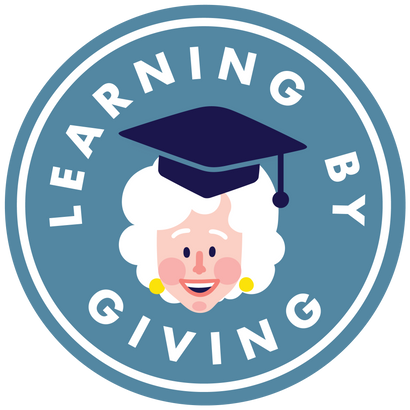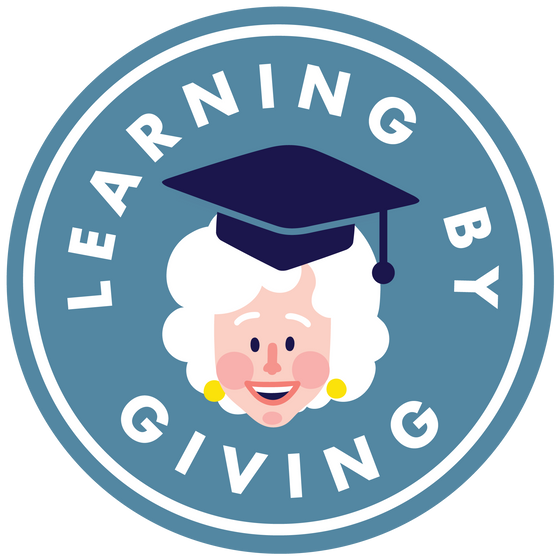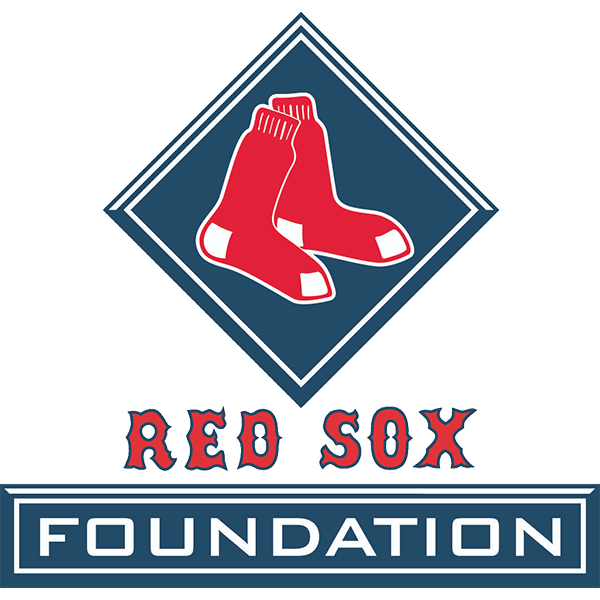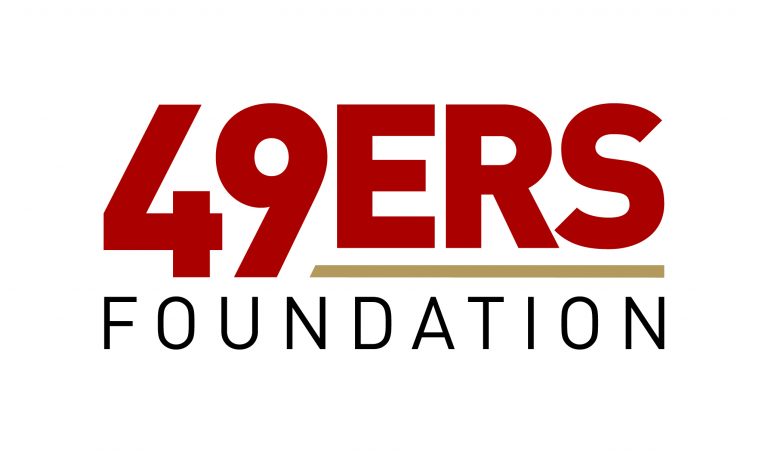
Website: https://www.innercityweightlifting.org/
Mission: Inner City Weightlifting (ICW) reduces youth violence by connecting proven-risk young people with new networks and opportunities, including meaningful career tracks in and beyond personal training. We use the gym to replace segregation and isolation caused by systemic racism with economic mobility and social inclusion, disrupting the system that leads to urban street violence.
RELEVANCE
How does your organization strive toward the attributes associated with Relevance?
In Boston, more than 70% of violent crime occurs less than 5% of the city, and less than 1% of young people drive more than 50% of gun violence. Most of our students have been shot, nearly all have done significant jail time and come from family incomes of less than $10K. Their 6-month outlook on life, is often death or jail. Education, careers, while anyone wants these, they don’t matter if there’s no belief in a future. Our work starts by earning trust and creating hope.
At ICW, we find space to connect with our students and then build a place – the gym – to deepen relationships, broaden community and create hope for alternative paths that don’t end in death or jail. We then leverage our in-house career track in personal training to create economic mobility, as students can earn $20-$60/hour training our clients – people coming from opposite socio-economic backgrounds; perhaps more important we bridge social capital and create a genuine form of inclusion that disrupts the system of segregation, isolation, and systemic racism that leads to the streets.
We create impact through our 4-stage model: trust; hope; social capital; economic mobility. Weight training weaves the stages together. It gives us purpose and a reason to reach out to our students, to start a conversation whereby listening and helping to solve fundamental challenges such as getting an ID, providing safe transportation, we earn trust. It gives us a place to grow relationships and create hope, and personal training forms a community and network to bridge social capital and create economic mobility.
Whereas our students’ 6-month outlook on life starts with death or jail, it shifts to pursuing an education, finding a meaningful career, and enjoying a future that wasn’t always guaranteed.
IMPACT
How does your organization strive toward the attributes associated with Impact?
When we launched in 2010 we had 4 students and borrowed gym space. Now, nearly 10 years later we have grown to an organization with 2 dedicated training facilities, working with 172 students, over 900 personal training clients, and over a dozen corporate fitness contracts – where our students and coaching staff go to train employees at companies including Bank of America, BCG, John Hancock, Wayfair, Athenahealth, and Babson College. Whereas when we launched in 2010 not a single person was on payroll, today we have 45 people on payroll, 30 of whom are participants in the program.
Last year, our personal training sessions doubled, the number of personal training clients tripled, and our corporate training services grew by 49%. Our earned income generated over $500K for the first time. This allowed us to put more students on payroll than ever before, with our top earners making over $60K. Now in our 9th year, in response to the 4 stages of our model: trust, hope, social capital, and economic mobility, we have seen recidivism rates for our students drop from over 80% in our first stage, to 8.2% in our 4th stage.
What makes the successes so incredible to us – a student taking a vacation to Hawaii, paying for their child to go to Disney World, paying rent through legal income, making it even one day longer out of jail than they’ve made it before – isn’t just what they’ve had to overcome, which is nothing short of amazing, but the journey we got to take together. A journey in which there are numerous moments when most would part ways and say this isn’t working. Instead, we find a way to make it work, to grow together. This was and is a journey we had to earn.
We have become experts in earning trust, in creating hope, in retention of our students, and can play a unique role complementing the work of much larger organizations like Roca and Homeboy Industries, as we may be the only organization that can flip the power dynamics where our students become the valued experts and our personal training clients – affluent people used to being in power – are there to listen, learn, and get an amazing service. Genuine relationships form that extend beyond the walls of our gyms. The lives of our students change, the lives of our clients change, and the aggregate has an impact on society as the social norms that dictate what streets we do or do not cross fade away because that changes when you know the person, the community, you’ve otherwise been told to avoid.
As we approach our 10-year anniversary we aim to build off the success of our first ten years by doubling our footprint in Boston. The next ten years will not only focus on the impact on our students, but also the impact of our students on society.
SUSTAINABILITY
How does your organization strive toward the attributes associated with Sustainability?
Now in our 9th year, we have grown from a $75K organization in 2010, to over $1M our last 4 years. This has come through our 3 core strategies: 1) foundation support (approx. 60% of total revenue); 2) “transformative” individual donors (approx. 20%); and 3) earned income (approx. 20%).
Foundation Strategy
While most of our revenue comes from foundations, we have placed increased emphasis on corporate philanthropic support as well. Our expansion to Kendall Square was directly tied into this strategy. The new site presented an incredible opportunity for our students, our organization, and our financial sustainability. It helped us form relationships with Google, Microsoft, Accomplice Ventures, InsightSquared, Broad Institute, Intrepid Labs, VMWare, Biogen Idec, and many more. Our next proposed site, in either the Seaport or North Station areas, will not only help provide increased jobs for our students, but also an increased pipeline for corporate philanthropic support.
We are able to build these relationships by starting with a service to offer – corporate training. By hiring us, not only does a company provide great workouts for their employees as part of a health and wellness benefit, but they also get to give back to the community at the same time. As we build relationships with employees, they help cement the relationship with the company and secure support, both through our services and philanthropy.
Transformative Donor Strategy
In addition to our foundation strategy for revenue, we also focus on transformative donors – people who can give 5% of our budget or more. As we continue to grow and expand our network, we are finding more supporters who fit this profile. We keep them up to speed on our success and engage them with the hope that when the time is right they will help us reach a new level of accomplishment and impact. Increasingly, this group of donors are the CEO’s and leaders of the companies we train.
Earned Income Strategy
As we continue to scale, we have projected our earned income to grow up to 33% of our budget. Last year the number of personal training clients more than doubled and our earned income grew to over $500K for the first time.
Most of the revenue through personal training at our gyms flows through us and goes directly to our students, as they are paid for the training services. This strategy, however, puts us in touch with potential donors who start as our personal training clients. Often, they put us in touch with their companies and make donations themselves.
While we receive some earned income from personal training sessions, perhaps our most impactful form of earned income has come through our corporate training services – where we train employees at their corporate offices. This strategy provides our largest margin for net revenue from earned income. It employees 2 students and one of our coaches. It gives our students access to a building they would never otherwise see, knowledge of a career path they may not have known existed. It puts our students and people from opposite backgrounds in touch with each other, and allows us to build relationships with companies that can support us philanthropically. Last year our corporate training grew by 49%.
EXCELLENCE IN MANAGEMENT AND OPERATIONS
How does your organization strive toward the attributes associated with Excellence in Management and Operations?
When we first began, we did something that went against the norm in working with our students, we assumed we didn’t know what was best. Instead of solving a problem from our point of view, we listened to gain our students’ perspective. Our role with our students, at the start, isn’t to pretend to understand what they go through. It’s to respect the challenges they face, and rather than promising to solve problems that we can’t, we commit to being by their side so that they don’t have to solve alone.
This how we’ve been able to stay focused on what we do well and not have to be the problem solvers for every obstacle, but instead connect our students to groups like YouthConnect for clinically licensed social workers, to groups like College Bound Dorchester for GED support, and to the many great organizations in Boston.
This hasn’t always come easy, however. By the middle of 2017, we hit an inflection point – one that made us truly capable of scale, this had to do with building our team at ICW. As ICW grew, we hired more staff and promoted employees to handle more of the day to day. Some of the newly empowered employees were passionate about the mission, but not necessarily about the reality of the work. We faced a question: were we going to remain the organization we started as – willing to find ways to work with people most others would write off, willing to get through some of the toughest moments to create outcomes that most would think impossible? Or, were we going shift to work with a less challenging population to make it easier for employees?
We doubled down on why we began ICW in the first place. We revamped the way we interview candidates, the way we hire and onboard employees, the way we support staff and students through the emotional tolls of the work. With the help of two Bain consultants we created the ICW Playbook, a document detailing our mission, our vision, values, operating principles and philosophies, key performance indicators, and a breakdown of how we earn trust, create hope, bridge social capital, and help our students sustain economic mobility. Today, we have the largest team in our history and we have never been culturally or operationally stronger as an organization. We’ve never been more capable of achieving our goals, of being able to participate on this journey with our students, and have hit new records in number of students, number of clients, number of new clients in a single month, and number of new students in a month.
Our accomplishments have inspired others to follow in our footsteps. There is rarely a week that goes by that we don’t receive an inquiry from a person or group wanting to start something similar, and at least 5 organizations we’ve guided have launched doing similar work in Baltimore, Camden, Birmingham, and 2 in Philadelphia.
We have received awards from Year Up, Good Sports, Social Innovation Forum, Babson College, Bostinno, The Improper Bostonian, and the Boston Celtics. We received the Robert Wood Johnson Foundation Sports Award, the Rosoff Award for Nonprofit Diversity Initiative, and were named a Champion in Action by Citizens Bank. Recently, we received the Bank of America Neighborhood Builder’s Award, and MindBody’s BOLD Award from Most Innovative Business. Our CEO has received the Ten Outstanding Young Leaders Award from the Greater Boston Chamber of Commerce, as well as the 2015 Ernst & Young New England Entrepreneur of Year Award for social entrepreneurship. We have presented a TEDx Talk, have been featured on ESPN’s Sportscenter, Boston Globe, Wall Street Journal, Fast Company, CBS Evening News, Boston Magazine, NPR, on Elite Daily, by RWJF, and in Beyond the Chalk, as well as in many local media outlets.
HOW DOES YOUR ORGANIZATION ENGAGE YOUNG PROFESSIONALS / EMERGING LEADERS?
Some of our most important partners include our personal training clients, many of whom are young professionals and emerging leaders, and corporate clients. Most of our clients come from affluent sections of the city. While they may live only a mile away from our students, they live a world apart. What starts with a service, becomes a friendship. They take our students out for coffee, invite them into their homes for dinner, advocate for our students in court, offer job opportunities, and are there for them at the toughest decision points. They are true partners in our mission, and they get the opportunity, through our training services, to change lives while changing their own.
Our corporate partnerships form around our corporate training services, where we send a coach and students to train groups of employees at their offices at a rate of $220/hr, creating jobs and earned income. It allows our students to walk with purpose into the offices of GE, BCG, Athenahealth, John Hancock, Wayfair, Dell, VMWare, Babson College, and more. These services go beyond a workout. GE has hosted our students for their basketball tournament, BCG has offered job shadowing opportunities for our students, and the CEO of Athenahealth has hosted students at his home for dinner. It gives our students the life changing experience of getting to see the world, and be seen by the world, in a very different way.
For people who want to get involved, but can’t train with our students, we keep a database of potential volunteers and based on their skill sets, areas of expertise, and interests, we bridge social capital between them and our students, when there are shared interests and/or areas of overlap. Together with our partners, our students end up with the resources necessary to deal with the bumps in the road. They gain hope and opportunity. Recidivism rates drop and economic mobility is increased.





